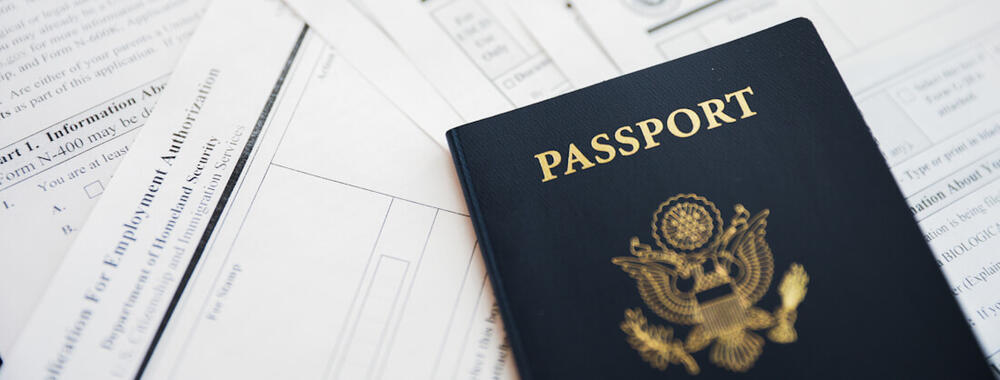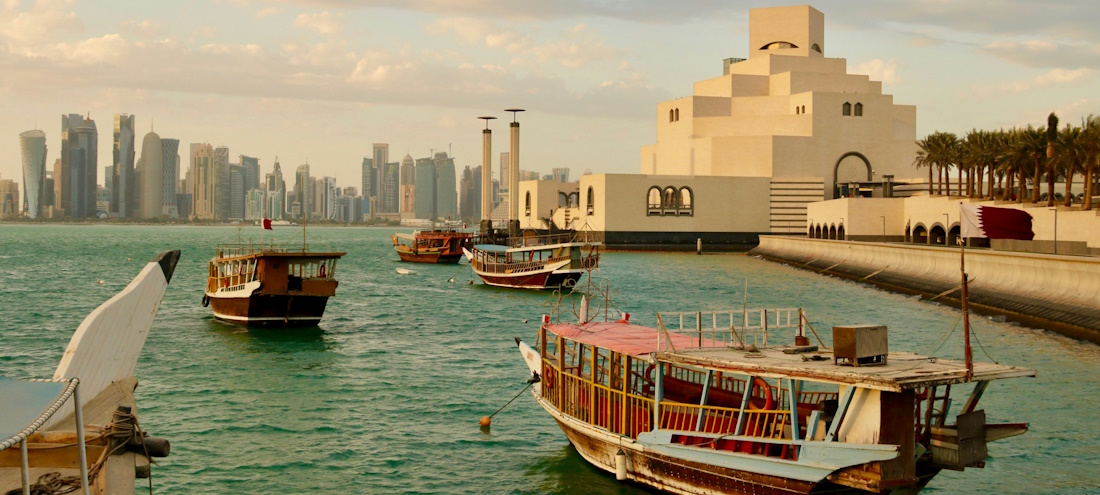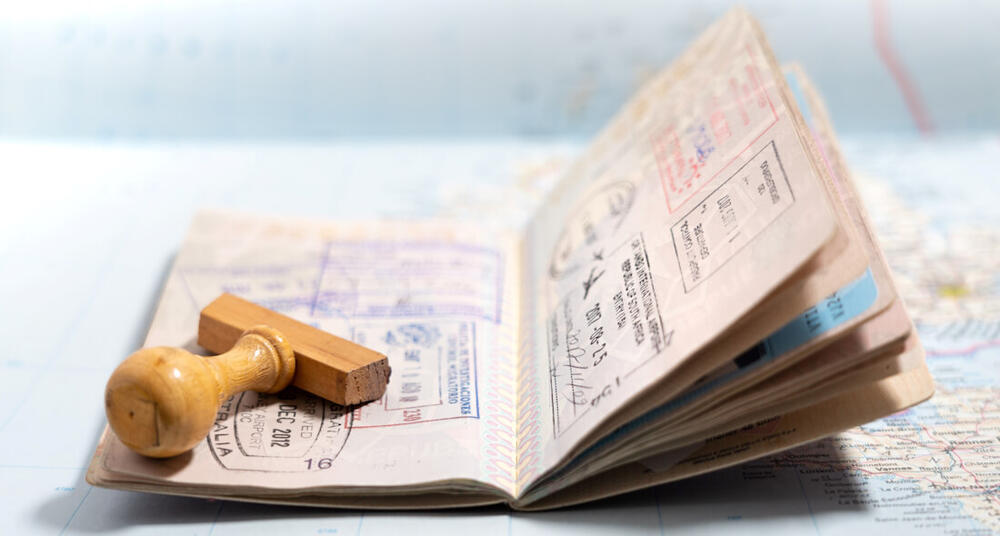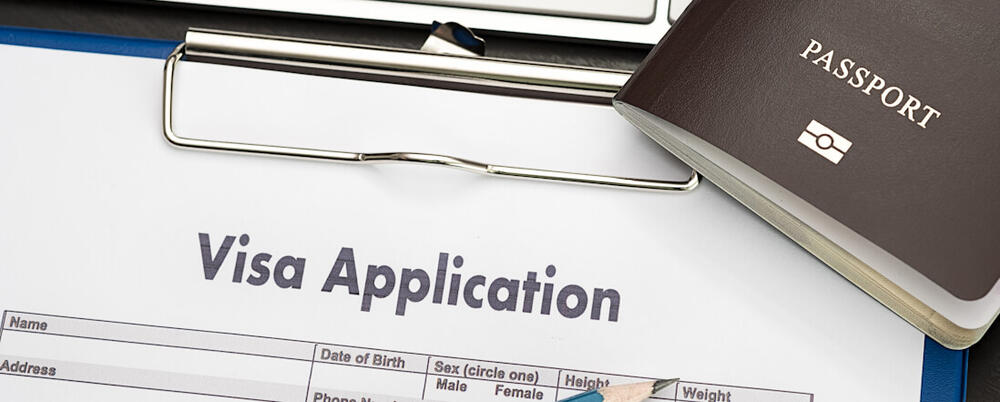Expat accommodation in Qatar ranges from apartments and villas to sprawling expat compounds. Housing can be rather pricey in Qatar, but fortunately, accommodation is often included in employment packages of highly qualified expats. Nevertheless, researching accommodation before moving can certainly help expats with budgeting.
Moving to Qatar offers expats a unique living experience, combining modern living standards with rich cultural traditions. The nation's booming economy, primarily driven by its natural gas and oil reserves, has attracted a diverse international workforce. Expat accommodation in Qatar ranges from high-rise apartments and luxurious villas to sprawling expat compounds, catering for various lifestyles and preferences.
Types of accommodation in Qatar
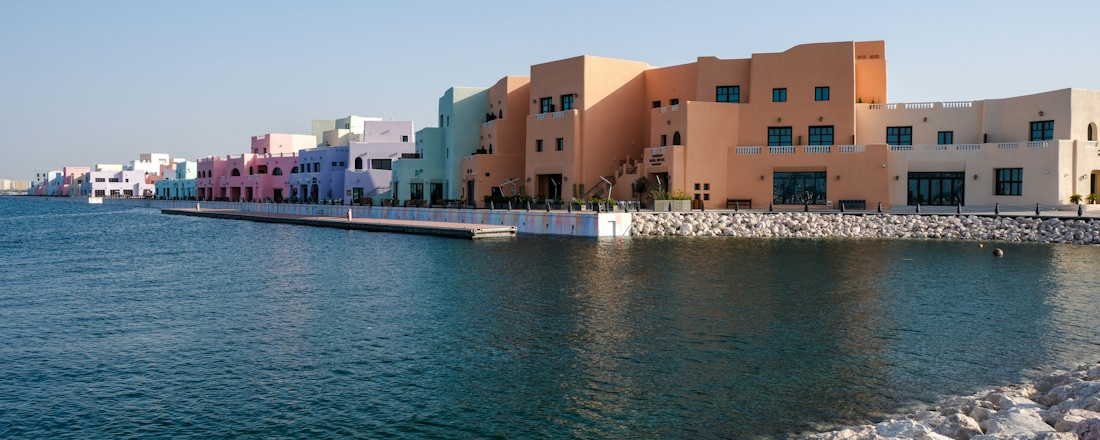
Expats will quickly notice that the most sought-after property is within expat compounds, though standalone villas and apartments are also available.
Compounds
Companies that arrange employee accommodation typically rent complete compounds or sections of compounds to ensure reduced expenses. These compounds resemble walled suburbs with security and a range of amenities. Some of the more upmarket compounds have luxury facilities, including small supermarkets, gyms, tennis courts, squash facilities and even restaurants.
These complexes are perfect for expat families with kids, with small garden spaces and shared swimming pools. The presence of other expat families can also be attractive and often helps establish easy friendships and a sense of camaraderie.
Standalone villas and apartments
Standalone villas tend to offer large, spacious housing – often with a hefty price tag attached. These are not part of any gated complexes and typically have four or more bedrooms and an enclosed garden area.
Apartments and flats are abundant in Qatar, especially in Doha. Choices range from small one-bedroom apartments in busy downtown areas to large five-bedroom apartments in upmarket buildings near the ocean. Many apartment blocks have a gym attached, and some offer cleaning and room services.
Furnished or unfurnished
Housing in expat compounds typically comes fully furnished, so it may not be necessary to ship belongings over. That said, unfurnished and semi-furnished options are also available, but we suggest expats who choose to ship belongings negotiate the inclusion of an adequate shipping allowance.
The standard and extent of furnishings vary in villas, although semi-furnished villas will typically contain ready-installed air conditioning systems, large appliances and basic furniture. Most apartments are rented fully furnished, but the quality of appliances and furniture may not always be up to an expat’s standards, so it’s important to inspect the accommodation before committing.
Short lets
Short-term rental options are ideal for expats who have just arrived in Qatar and are still exploring permanent housing solutions, or are in Qatar for a temporary assignment. These can range from serviced apartments, which come with amenities similar to hotels, such as daily cleaning services, to short-term leases on villas and apartments. However, the convenience of short lets comes at a higher cost compared to traditional long-term rentals.
When considering short-term accommodation, it’s essential to consider the proximity to schools, workplaces and amenities. Many serviced apartments are designed to cater for the needs of expats and professionals, providing facilities such as high-speed internet, fitness centres, and sometimes even conference rooms. This option is particularly popular among business travellers and new arrivals who value convenience and minimal hassle in settling into a new country.
Finding accommodation in Qatar
For those who are going it alone, listings are available in the classifieds section of the Gulf Times, and on supermarket boards and real-estate websites, including Qatar Living, JustProperty and Property Finder. The services of a relocation company or local estate agent are strongly recommended, as these professionals know the various areas well and can save time researching properties and negotiating with landlords.
Useful links
Renting accommodation in Qatar
The Ministry of Municipality and Environment manages all real estate matters, while some documents need to be overseen by the Real Estate and Residences Registration Office. This is where estate agents play a key role by facilitating transactions and arranging leases, utilities and deposits.
Expats will be happy to know that rent prices seem to be stabilising as more buildings spring up all over Qatar.

Leases
If an expat’s employer arranges their accommodation, the company will negotiate the lease with the landlord. Otherwise, expats can expect to pay as much as one year’s rent upfront. Most expats choose to make the payment with post-dated cheques, although those who can afford to pay in one lump sum can often leverage a lower price. Rent can also be paid quarterly.
In the tenant’s favour, rental fees cannot go up within the 12 months designated by the lease.
Leases in Qatar are established in Arabic and translated into English for the tenants and the landlord.
Deposits
Deposits in Qatar normally amount to a month's rent. For some expats working in Qatar, this may be part of an accommodation allowance, so they are encouraged to negotiate for it where possible.
A comprehensive inventory of the property should be included in the rental contract so that both parties are aware of the full list and condition of furnishings.
Terminating the lease
Tenancy agreements are typically for 12 months. If expats leave before this time, they must give notice and are charged a penalty for breaking the contract. Notice periods are normally two months, and penalties can be as much as two months’ rent.
Utilities in Qatar

Utilities are not usually included, but these costs are reasonable thanks to the government’s policy of subsidisation, covering electricity, water, and gas. That said, expats should ensure their housing in Qatar is equipped with an air conditioning unit before signing a lease. Temperatures soar in summer, and installing one can be expensive. The intense summer heat necessitates high air conditioning and water use, increasing electricity consumption.
Electricity and water
The Qatar Electricity & Water Company (QEWC) is the principal supplier of electricity and desalinated water, playing a pivotal role in ensuring a dependable supply to the country's residents.
The electrical system in Qatar operates on a 240-volt supply, accommodating Type D and G plugs. Type D outlets feature three round pins in a triangular configuration, whereas Type G outlets are characterised by three rectangular pins in a similar pattern, including an integral fuse for added safety. It is essential for expats to procure suitable adapters for their devices, ensuring compatibility with these specific outlet types.
Given the country's limited natural resources and high consumption rates, water scarcity presents a significant challenge in Qatar. The government actively seeks sustainable solutions to address this issue, encouraging residents to adhere to water conservation measures, including the Tarsheed campaign, aimed at reducing electricity and water usage through public awareness and incentives.
For more detailed information and to manage your utility services, please visit the official websites of the Qatar Electricity & Water Company and Kahramaa.
Gas
Gas in Qatar is predominantly supplied through pipelines, a system managed by QatarEnergy, a state-owned entity responsible for the entire oil and gas value chain. This includes exploration, production, refining and distribution. Qatar is renowned for its vast natural gas reserves, notably the North Field, one of the world's largest gas fields, underlining the country's pivotal role in the global energy sector.
To establish a gas connection, residents must follow a procedure akin to setting up electricity and water services, facilitated again by Kahramaa. Applicants are required to submit a form along with necessary documentation, such as a Qatari ID and a tenancy agreement, and current meter readings. The fee for setting up gas utilities is generally included in the overall utility service setup charges.
For more information on setting up gas services and understanding energy conservation practices in Qatar, please visit the official websites of QatarEnergy and Kahramaa.
Bins and recycling
Qatar places a strong emphasis on sustainable waste management practices, aligned with the Qatar National Vision 2030 and the Zero Waste campaign. The local municipalities are tasked with collecting solid waste, striving to reduce waste production, enhance recycling rates and foster community involvement in environmental preservation efforts.
For recycling, Qatar has introduced green bins for municipal waste and blue bins for recyclables such as plastics, paper, cardboard and cartons. Expats are encouraged to participate actively in recycling by segregating their waste appropriately.
Despite the limited options for glass recycling currently, expats can contribute to environmental sustainability by finding alternative ways to reuse glass items. Understanding the correct disposal methods for different materials is crucial for effective waste management and supports Qatar's goal of a more sustainable and environmentally friendly future.
For more information on waste management and recycling in Qatar, including locations of recycling bins and tips on waste segregation, please visit the official websites of the Ministry of Municipality and the Qatar National Environment and Energy Research Institute.
Internet
Internet connectivity in Qatar is predominantly provided by leading telecommunication companies such as Ooredoo and Vodafone, offering a variety of internet packages to suit different needs, including fibre-optic connections and 5G services. The availability of fibre-optic internet ensures high-speed and reliable connectivity, while the introduction of 5G technology has placed Qatar among the frontrunners in ultra-fast internet services, catering to both residential and business users.
Expats moving to Qatar should be cognisant of the internet censorship in the country. The Cybercrime Law, effective from 2014, imposes restrictions on the dissemination of content that may be deemed harmful to national security, public order or societal morals.
This includes strict controls over pornography, dating services and LGBTQ+ content, as well as the use of VoIP services like WhatsApp and Skype, which are blocked. Expats may find the need to adapt by using alternative communication methods or VPNs, although it's important to note that the legality of using VPNs to circumvent censorship is a grey area.
For more information on internet services and providers in Qatar, please visit the official websites of Ooredoo and Vodafone Qatar.
